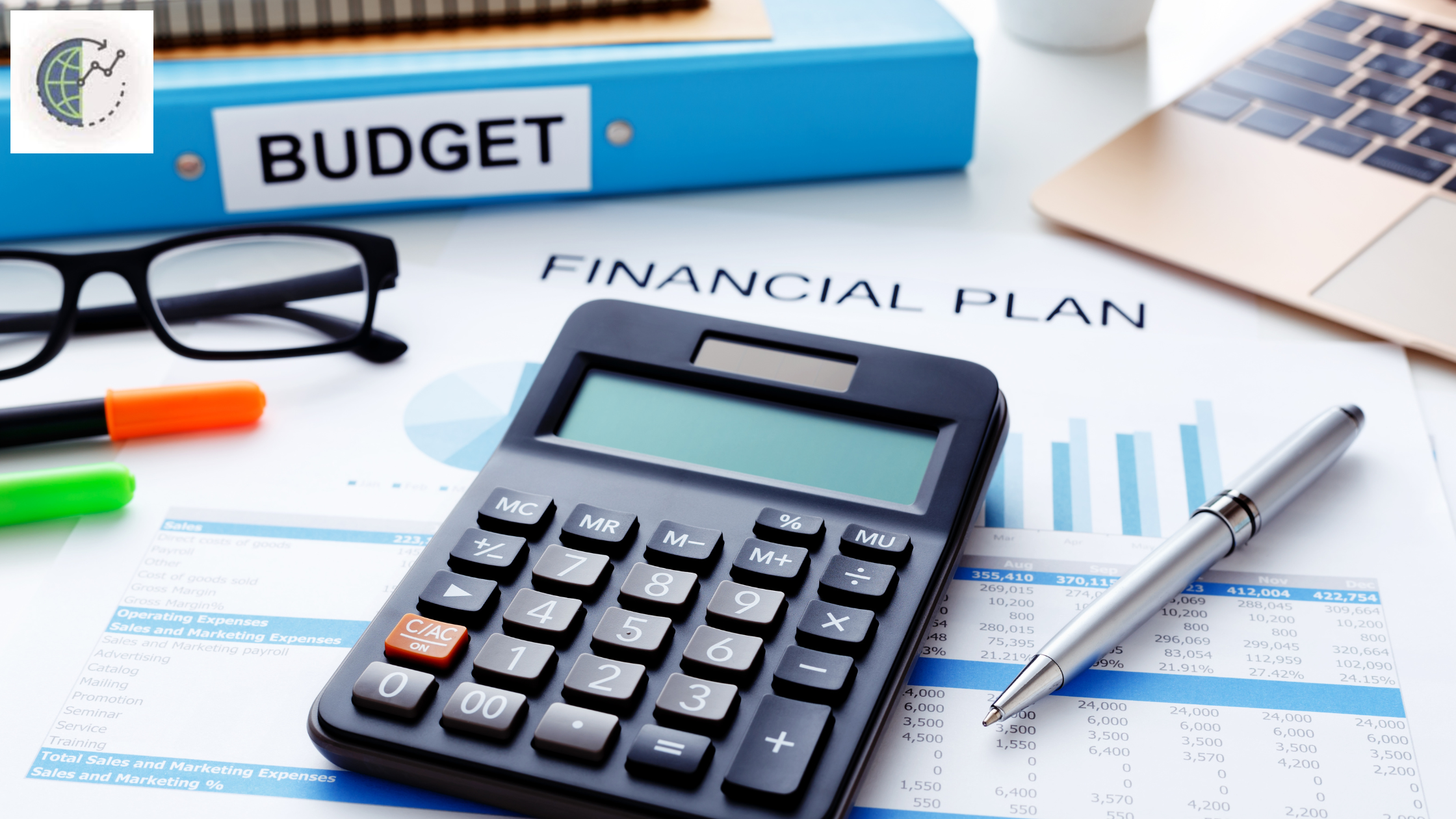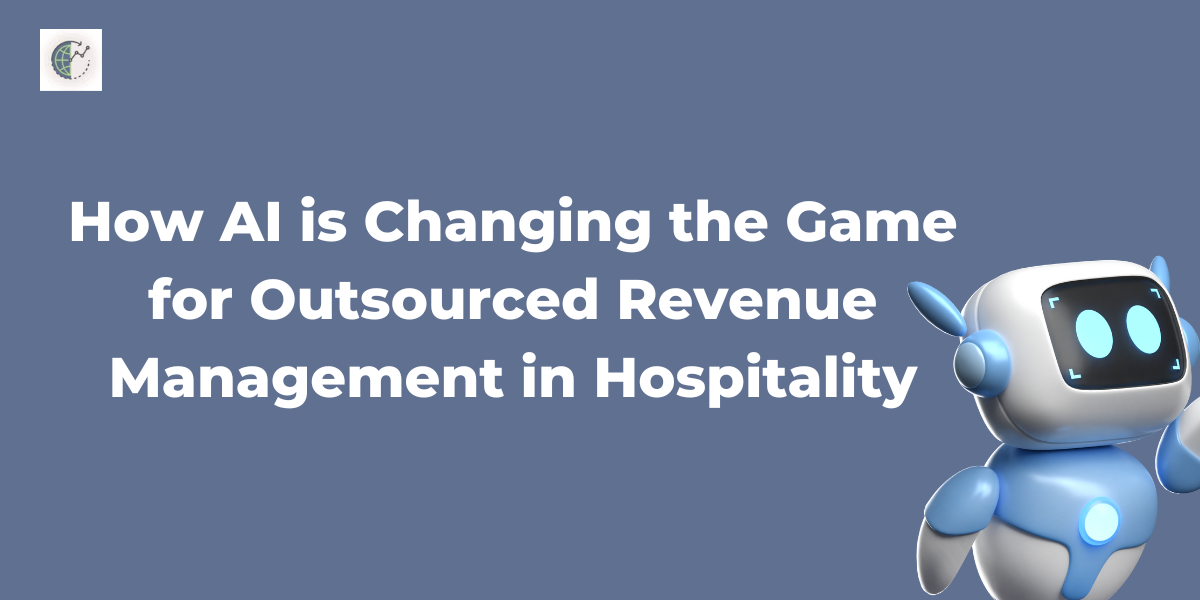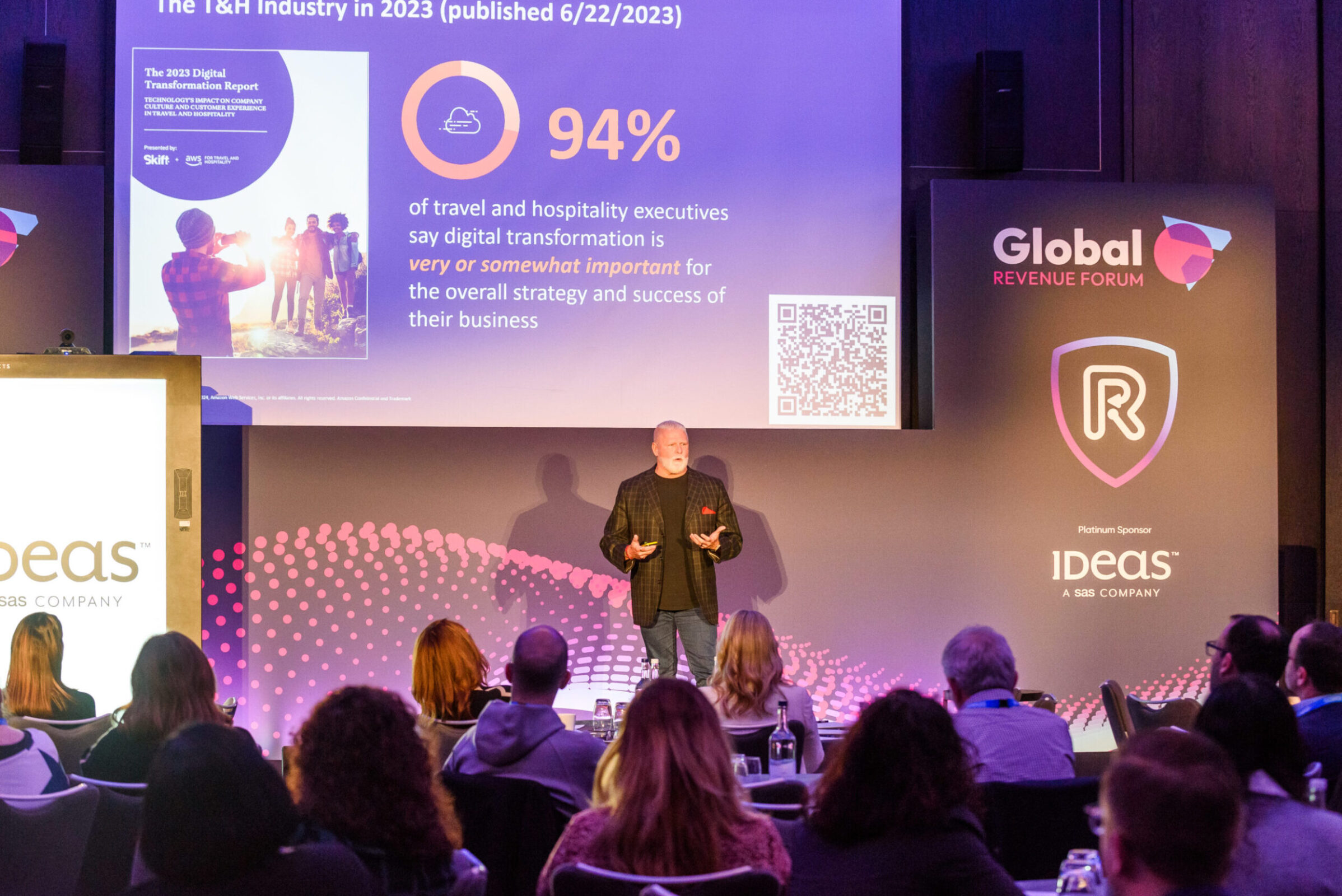By Ally Northfield, Director, Revenue by Design
Amidst the COVID-19 outbreak more and more of us are being told to work from home as part of the self-isolation government guidelines. Whilst this can be a benefit for many, for others this extended work from home period can be really challenging. Here we have put together some ideas and tips on how to survive and look after your employees during furlough leave, or simply when voluntarily working from home.
1. Keep a structure to your day and get up and dressed at the same time as you would on a normal working day.
2. If you have client calls, wear something smart as you would normally – this makes for a more positive and confident attitude.
3. Keep regular breaks in the day – go outside for a 10-minute walk before starting work, create defined breaks for coffee/tea, take fresh air and a clear break of at least 45 minutes at lunch time. Create a defined work finish time, again with time outside if you can, to substitute for the “journey home from work”.
4. Keep exercise going. If your gym has shut, find ways that are still acceptable in government eyes to exercise – jogging is still an option, but keep away from other people (social distancing) so do this early in the morning or at times when few people are about– it can be a substitute for your “journey to work”. Do not jog with a group of people and keep out of the way of pedestrians – keep your distance.
5. There are loads of online exercises and courses – prepare, plan and sign up for your online courses the evening before so you don’t waste good exercise time thinking about what you want to do on the day.
6. Do something new! Try skipping instead of running – this can be done indoors if lockdown gets worse – (I’ve done it) just remove any precious objects nearby!
7. Plan your day with small errands to break up the day – small tasks that you always wanted to do but never get around to doing.
8. Keep focused on your mental health – keep specific defined times to check on social media and the news and then turn off all notifications during the day.
9. If you are getting anxious about some types of news then turn the source off. Most of this is out of our control, which can leave you feeling vulnerable and more anxious than usual. If this happens -stop. Go outside, take some fresh air, meditate.
10. Try and buy food in a way that is “little and often” so you don’t feel like you need to panic buy, doing it this way means you have the option to fit this in during the day so you avoid the queues at the weekend.
11. Support your local retailer if they are still open and leave large supermarkets for key workers.
12. Try to avoid wearing pyjamas all day, comfy clothes are better. If you need to – have a set for bed and a set for working!
13. Keep up with colleagues and friends and family you haven’t been in touch with for a while – schedule defined time in your day to call them and re-connect.






